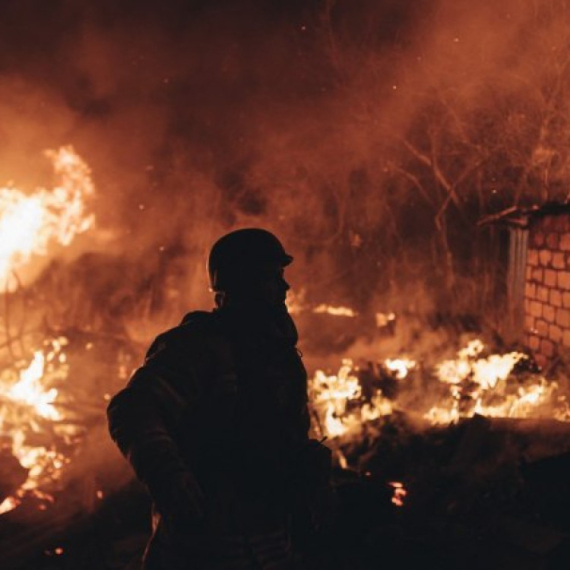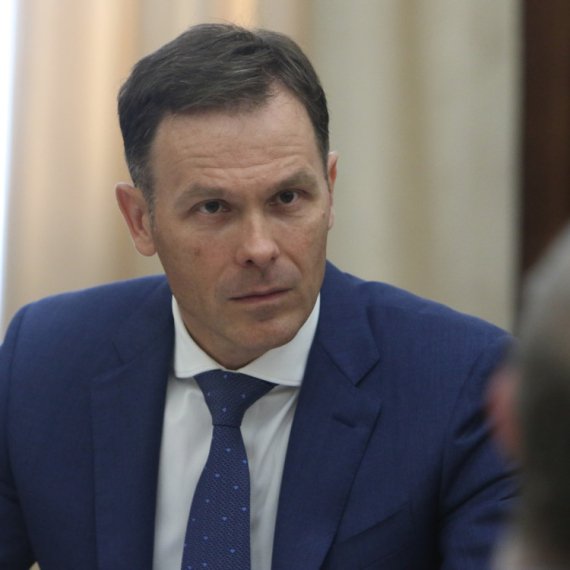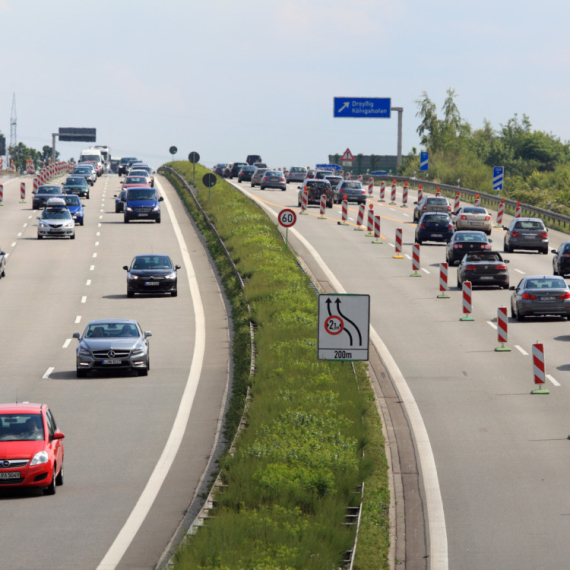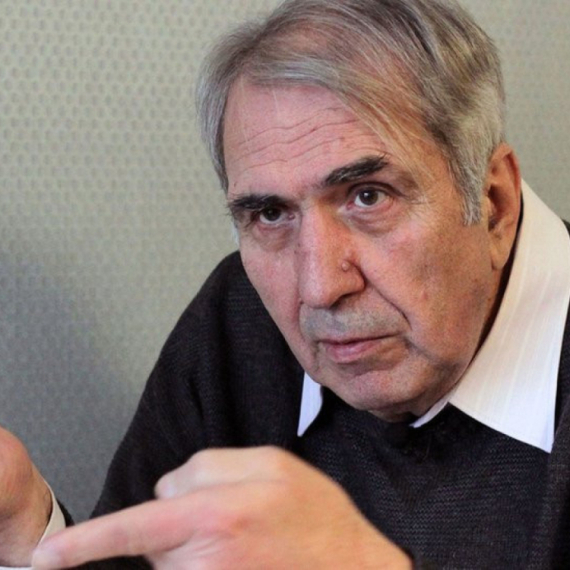Strikes, protests in Hungary against gov't reforms
Several Hungarian trade unions and civic groups on Wednesday began a series of strikes and protests.
Wednesday, 21.11.2007.
14:35

Several Hungarian trade unions and civic groups on Wednesday began a series of strikes and protests. They are aimed against the Socialist-led government's plans to privatize health insurance, cut retirement benefits and close some railway lines. Strikes, protests in Hungary against gov't reforms Train services in Budapest, the capital, were entirely canceled Wednesday morning, as were numerous train and bus lines across the country. Most of the strikes were expected to last between 6 and 8 hours. Work stoppages were also being held at some schools, electricity plants and Budapest's Ferihegy airport. Roadblocks meant to slow traffic on some highways also were announced. A rally against the reforms to be held Wednesday evening outside parliament is expected to draw tens of thousands of protesters. Prime Minister Ferenc Gyurcsany and his government coalition have began introducing plans for major reforms in the health and pension sectors and already have shut down dozens of smaller railway lines that they said served too few passengers to be profitable. The announced switch from a state-administered health insurance system to private insurers has drawn the biggest opposition although the final details of the plan are still being discussed in parliament. Opponents, including the Hungarian Chamber of Doctors, say private health insurers, by seeking to make profits in the sector, would break with a long-standing tradition of "social solidarity" and would leave the poor and those already suffering from health problems without adequate coverage. The plan has caused rifts between Gyurcsany's Socialists and their much smaller coalition partner, the Alliance of Free Democrats, which leads the Health Ministry and has advocated for more radical changes. Hungary is struggling with a large budget deficit, which at 9.2 percent of gross domestic product was the largest in the European Union last year. The 2007 deficit is planned at 6.4 percent of GDP. Beside the economic and social challenges posed by the introduction of unpopular reforms, Gyurcsany also has had to deal with attacks on his credibility. Last year, state radio broadcast a secret speech the prime minister gave to Socialist deputies in which he acknowledged lying repeatedly about the state of the economy to win the April 2006 elections. While Gyurcsany also said in the speech that he was committed to major reforms to prevent the collapse of Hungary's economy, a series of anti-government protests — including some violent riots — have been held recurrently for more than a year.
Strikes, protests in Hungary against gov't reforms
Train services in Budapest, the capital, were entirely canceled Wednesday morning, as were numerous train and bus lines across the country. Most of the strikes were expected to last between 6 and 8 hours.Work stoppages were also being held at some schools, electricity plants and Budapest's Ferihegy airport. Roadblocks meant to slow traffic on some highways also were announced.
A rally against the reforms to be held Wednesday evening outside parliament is expected to draw tens of thousands of protesters.
Prime Minister Ferenc Gyurcsany and his government coalition have began introducing plans for major reforms in the health and pension sectors and already have shut down dozens of smaller railway lines that they said served too few passengers to be profitable.
The announced switch from a state-administered health insurance system to private insurers has drawn the biggest opposition although the final details of the plan are still being discussed in parliament.
Opponents, including the Hungarian Chamber of Doctors, say private health insurers, by seeking to make profits in the sector, would break with a long-standing tradition of "social solidarity" and would leave the poor and those already suffering from health problems without adequate coverage.
The plan has caused rifts between Gyurcsany's Socialists and their much smaller coalition partner, the Alliance of Free Democrats, which leads the Health Ministry and has advocated for more radical changes.
Hungary is struggling with a large budget deficit, which at 9.2 percent of gross domestic product was the largest in the European Union last year. The 2007 deficit is planned at 6.4 percent of GDP.
Beside the economic and social challenges posed by the introduction of unpopular reforms, Gyurcsany also has had to deal with attacks on his credibility.
Last year, state radio broadcast a secret speech the prime minister gave to Socialist deputies in which he acknowledged lying repeatedly about the state of the economy to win the April 2006 elections.
While Gyurcsany also said in the speech that he was committed to major reforms to prevent the collapse of Hungary's economy, a series of anti-government protests — including some violent riots — have been held recurrently for more than a year.



























































Komentari 0